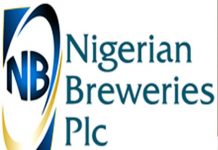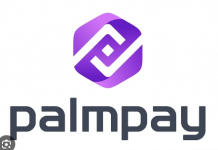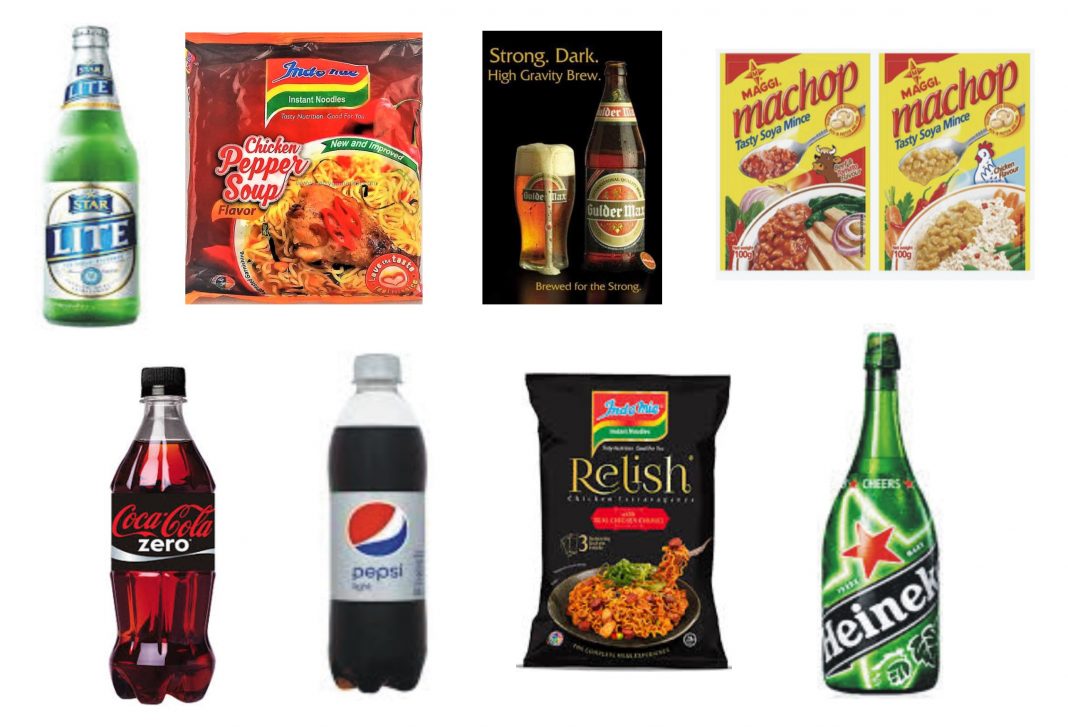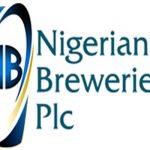- How Harp Lime, Maggi Machop, Indomie Relish, others fared
Goddie Ofose,
Nigerian corporate organisations particularly the fast moving consumer goods segment of the manufacturing sector, has had a fairly infamy reputation towards brand extension marketing strategy. Most products given birth to, as result of this marketing exercise usually frequently experienced hiccup on the way hence their early exit from the market.
Brand extension or brand stretching is a marketing strategy in which a firm marketing a product with a well-developed image uses the same brand name in a different product category. The new product is called a spin-off. Organizations use this strategy to increase and leverage brand equity.
This, in Nigeria, has been a more frequent marketing activity. Prominent brands are usually the first to jump at the idea of line extension, either to consolidate on the existing equity or wade off competition. Most often than not, the resurgence in competition mostly in pricing will give rise this effect.
Besides trying to consolidate on the existing marketing segment or wading off competition, line extension can also seek to recreate new market environment for the brand. For instance, a telecommunication company can branch out to financial segment with the same operating name such as MTN Bank, Airtel Bank and even Glo Bank or GTBank Telecom, Access Mobile aand so on.
For most brands, rather than consolidate their positions, most of them tend to lose their equity, market share and never recovered from the setback even for the mother brand.
Examples abound for brands that jumped into the murky waters of line/brand extension. Some of the brands that tried unsuccessfully to brand extend are Gulder for Gulder Max, Star Lager for Star Lite, Star Triple X, Coke for Coke Zero, Maggi for Maggi Signature- Jollof, Miya and Pottages, Maggi Machop, Pepsi for Pepsi Lite, Foreign Extra Stout for Extra Smooth, Harp Lager for Harp Lime, Classic Indomie for Relish, Pepper Soup, Heineken for Heineken Magnum and several other instances.
According to a book: Pitch: Debunking Marketing’s Strongest Myths written by a foremost brands and marketing journalist, Ikem Okuhu, he said, “A line extension can be a way to make a brand more relevant, interesting and visible. In doing so, it can create a basis for differentiation, build audience for the advertising of a tired brand and stimulate sales.
In most cases, before the line extension takes place, the mother brand should have characteristics of a formidable and dominance brand in terms of market leadership, market share, equity, acceptability and strong enough to fund the activity of the extended brand.
Organizations that have felt prey to this attractive but slippery marketing exercise are Nigerian Breweries Plc with Gulder for Gulder Max, Star Lager for Star Lite and Star Triple X, Guinness Nigeria with Extra Smooth and Harp Lime, Maggi with several variants and Maggi Machop and Indomie with Indomie Pepper Soup and Relish.
Other very unsuccessful brands that jumped into the murky waters of line extension include Coke Zero, Pepsi Lite, and Heineken Magnum.
Gulder had done well in its segment particularly when it chose to bankroll a reality tv show property, Gulder Ultimate Search, (GUS), which had been rested. Maybe, because of how the show was viewed by consumers, the brand decided to introduce Gulder Max, a stronger version of the Gulder lager beer. Consumers however could not comprehend the concept behind Max since Gulder lager was already a “Man’s” beer.
Supported with huge marketing outlays, the new innovation, as it was called enjoyed 360 marketing communications introduction but could not make beyond few months because Gulder is already a masculine larger. The MAX however died and was buried.
Heineken Magnum was caught in the same web. A hugely successful line extension in other markets, Magnum could not excel in the Nigerian market because of our drinking culture. An average Nigerian beer consumer loves ‘body count’ that is bragging over numbers of bottles consumed but Magnum did not offer them such opportunity.
the company quickly saw the arithmetic and withdrew Magnum earlier than expected from the shelves.
Indomie has been a success story in the Nigeria new market development experiment. The brand enjoyed absolute monopoly until recently. To further protect its territory, Indomie began to get involved in a unnecessary brand extension and ended competing against itself.
Pepper Soup and Relish are yet the most unsuccessful in the venture. Today, these products are lying uninspiring in the shelves. It is, however, gathered that Indomie has concluded plans to finally withdraw these products from the market in order to pave way for new introduction in coming months.
Maggi made a terrible mistake with Machop. Machop is alien to the African market and it could not fly despite several marketing campaigns. Although, the brand was a massive success in American market, its introduction in the Nigerian market was seen as a miscalculation.
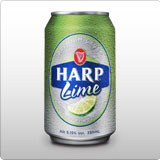

The launch of Machop was a funfair as well as a drainpipe for the Maggi brand. Nestle Nigeria could have used the outlays to push other Maggi variants but decided to introduce a Machop to proved to be a drainpipe on the already shoestring budget.
Guinness Extra Smooth currently enjoying Guinness Nigeria’s marketing communications attention through the brand’s sponsorship of English Premier League has been a ‘sick’ line extension for the dark beer brand.
Guinness Nigeria introduced extra smooth to wrestle the female segment of the market from Legend extra stout that was seen to be appealing to the younger female dark beer category.
Investigations have revealed that extra smooth is yet to generate income to embark on its on marketing campaign.
Several campaigns embarked upon by the brand has been bankrolled by the Guinness Extra Stout revenue hence the new campaign to sustain conversation and generate income from the brand.
Another misstep from the Guinness Nigeria family was the introduction of Harp Lime. From the stable of popular but struggling Harp larger beer, Harp Lime was introduced. Launch in 2012, Harp Lime struggled from the get go and was discontinued in 2013.
According to a beer consumer, Taiwo Alabi, Guinness didn’t think through the gains and consequences of introducing a lime beer. Nigerian beer drinking market is very sensitive to what they consume therefore, Harp Lime was not appealing to this segment at all.
Coca-Cola premium soft drink brand, Coke is very popular because of its taste. Like the saying goes, ‘If it’s not Panadol it can never be Panadol”. Coke wanted to appeal to the elderly segment by drastic reduction of sugar or sweetener in Coke.
This, according to experts, backfired with Coke Zero. Coke Zero ended up tasting like a different brand causing consumers to query the brand line extension strategy and development. Same goes for Pepsi Lite.
Apparently, Pepsi, a major Coke competition wanted to wrestle that segment with Coke Zero by introducing Pepsi Lite. Coke and Pepsi are unique in their own ways and that is the reason both brands are sitting atop the ladder, therefore diluting the sugar or sweetener in the normal Coke or Pepsi bottle or PET would end up diluting the market equity of both brands.
Many brands have failed to learn from the frequent failure in brand/line extension hence several grocery stores are adorn with brand extension brands and products.
Experts said, “Today, 9 in every 10 new grocery products are extensions. The reason why brand extensions are so popular is obvious: when a company has saturated a market with one product, it has two options for future growth.”
“Either it expands into a new market or a set of markets or it launches a new product. If the firm chooses the latter option, it is choosing to exploit, perhaps, the most important asset owned by a business- the brand,” Darlington Okere, a communications expert said.
Marketing experts, Jack Trout and Al Ries spent most of their writing careers arguing that line extensions cost market share and can devalue the identity of the brand in the long term. But the success of extensions like Diet coke, Gillette shaving cream and almost everything the virgin brand has done (except Virgin Cola, of course) has proven that brand extensions, if well executed can work.













